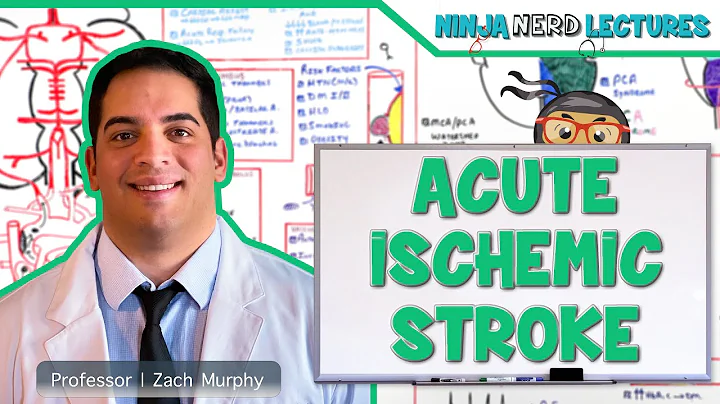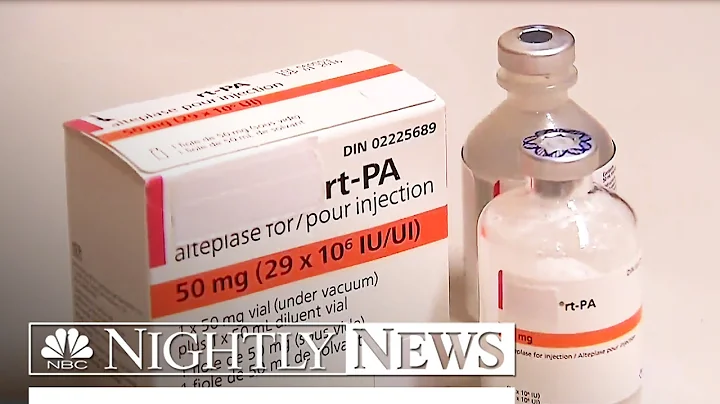Recently, several cerebral infarction patients have consulted me. I found that they have one thing in common, that is, these patients did not receive very effective treatments such as intravenous thrombolysis during the acute stage of cerebral infarction. means.
The most important reason is that these patients failed to detect early symptoms early, or even if they were discovered, they did not pay enough attention to them.The best treatment time window in the acute phase of cerebral infarction was wasted, and That is, within 4.5 hours of intravenous thrombolysis, or within 6 to 8 hours of arterial thrombectomy, And if you miss these two most effective treatments, you will still face death or disability even after you rush to the hospital. situation occurs.
I have repeatedly emphasized to everyone in previous articles that after suffering from cerebral infarction, both marriage, family and career will have a very negative impact. So today, Dr. Zeng will use this article to tell you in an easy-to-understand manner what premonitory symptoms may appear in the acute stage of cerebral infarction?

actually highly summarizes it in just these few words, : one is weakness, two is slowness, three is numbness, and there is dizziness and headache.
Weakness mainly refers to the symptom of weakness in limb movement on one side. This is mainly because the brain cells in the contralateral cerebral hemisphere have suffered ischemia and hypoxic necrosis, resulting in the disconnection of our motor nerves, which ultimately leads to the contralateral side. A condition in which body movements are not controlled by the brain.
Two slowness mainly refers to slow speaking, accompanied by unclear articulation, which makes people feel that this patient suddenly has a phenomenon of stuttering or a big tongue. The second is slow movement, and some patients may suddenly fall. The essential reason is that the activities of the limbs are no longer controlled by the brain. They cannot stand up even if they want to, and cannot pick up things with their hands.
Triple numbness mainly refers to numbness on one side of the limb, numbness on the lower half of the face, and numbness of the mouth. Numbness on one side of the limb is mainly because the brain cells on the opposite side have been necrotic, resulting in damage to the sensory nerves, while the lower half of the face is numb. Numbness in the face and mouth may be accompanied by mouth corners , eyes squinting to one side, and tongue deviating sideways. This may be due to the oculomotor nerve , facial nerve and tongue in our skull. Caused by damage to the pharyngeal and ophthalmic nerves.
There are also symptoms of dizziness and headache. Dizziness and headache caused by cerebral infarction may last for a long time, and may be accompanied by symptoms of nausea and vomiting. Dizziness can manifest as vertigo or dizziness. A heavy feeling.

Headache can be either a mild headache or a severe headache.As long as you have dizziness and headache symptoms that last for a long time and seriously affect your physical condition at that time, we still recommend that you rush to the hospital for treatment in time. Avoid the occurrence of cerebral infarction.
Of course acute cerebral infarction also has its own characteristics, which are suddenness, persistence and irreversibility, that is, the above symptoms appear suddenly and last for a long time. Without effective treatment, they are generally irreversible. .
Okay, that’s all for today. If you don’t know anything about preventing cerebral infarction or preventing secondary recurrence, welcome to refer to my column "Preventing Cerebral Infarction Is Simple" and pay attention to popular medical science and Dr. Zeng from the Department of Neurology.
(Medical card has been added here, please go to Toutiao client to view)





















